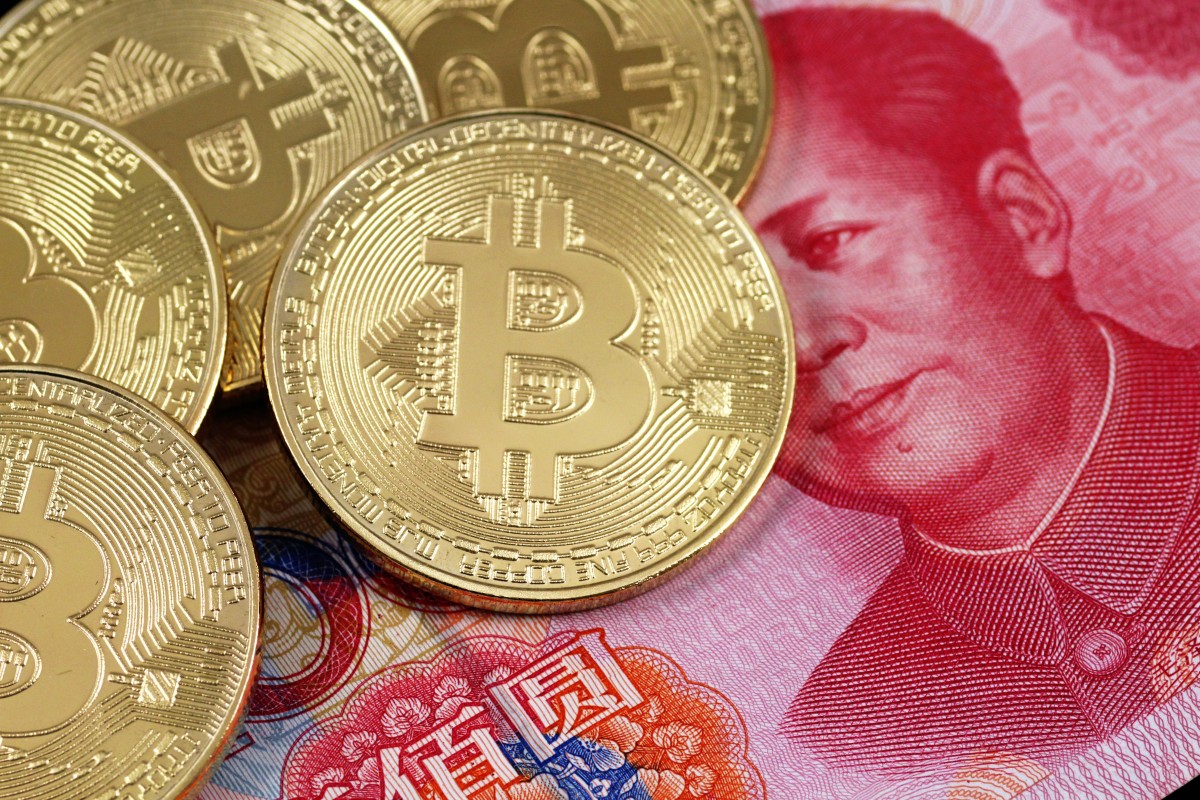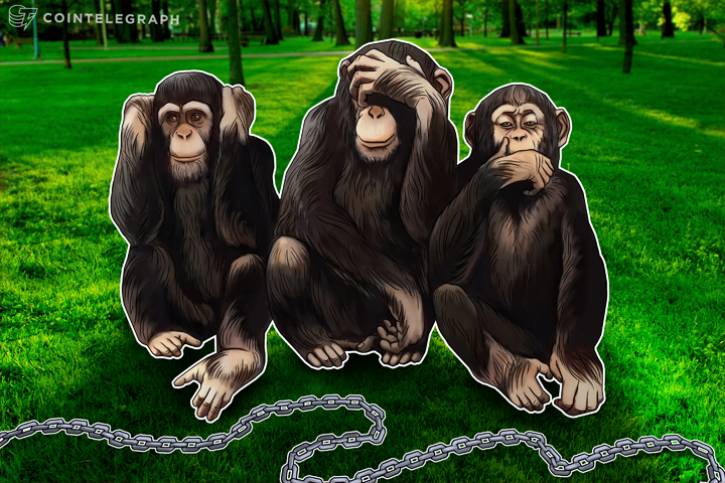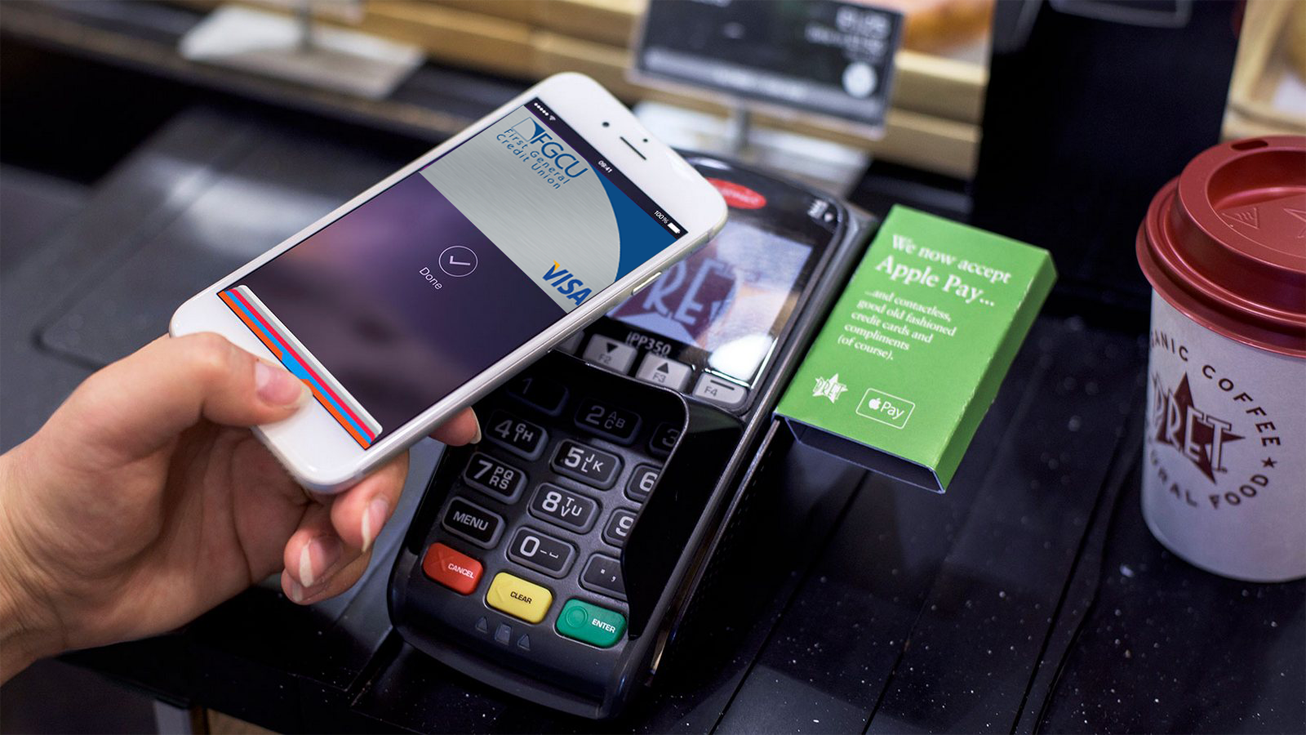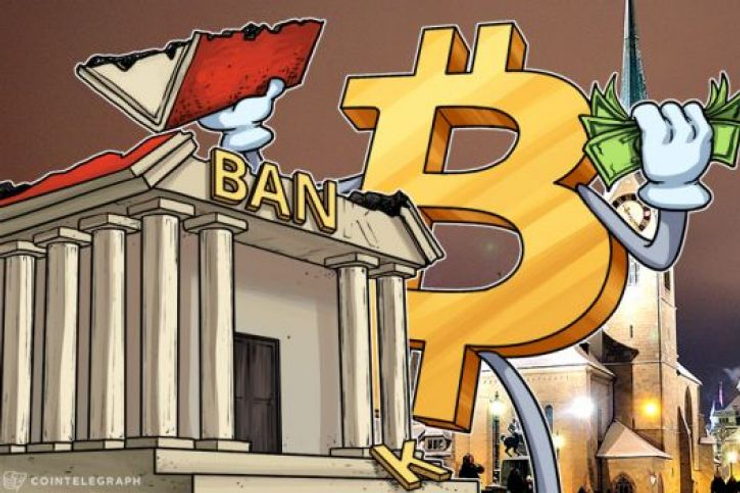Hi, I’m Adil Wali. I became a Microsoft certified professional at age 14 and started my first web development company. That led to a career as a serial entrepreneur, advisor, and startup investor. I got my first “real job” at 33, and I’m now a FinTech executive with a passion for the markets.

In the first part of this series, I covered the basis of China and a national Cryptocurrency. In this part, I’ll cover bitcoin as an alternative to Gold.
Bitcoin as an alternative to gold
The Internet has enabled new, transnational groups with loyalties that transcend their countries’ interests. On the other hand, this dislocation has fostered a backlash from defenders of the pre-liberal order of hardline state power. China’s violent crackdown in Hong Kong, where protesters desperately attempted to neutralize Beijing’s concerning alleged digital surveillance, is a prime example of this. Another is Trump’s militaristic rhetoric.
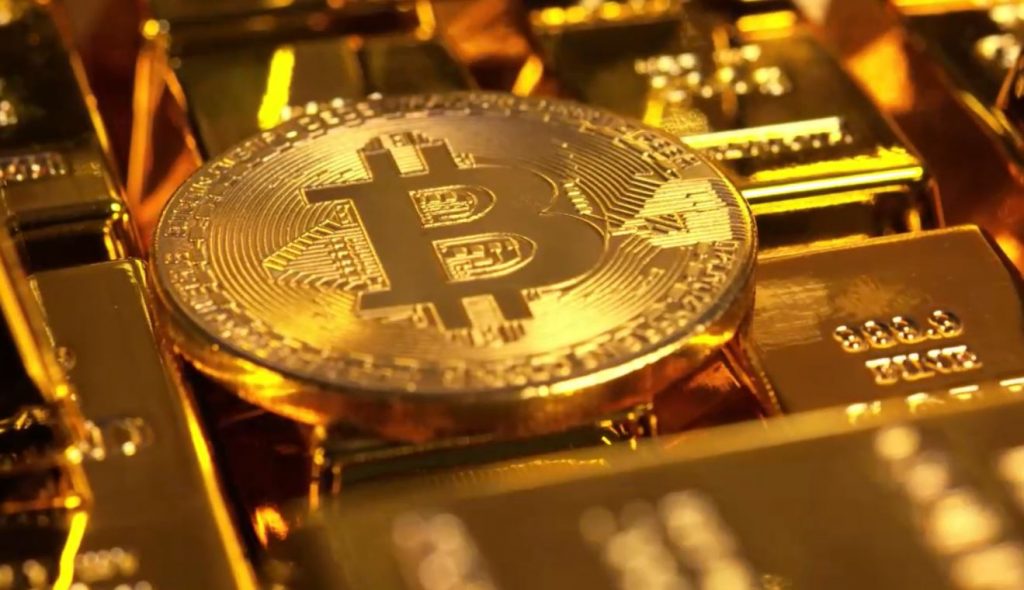
Here’s what also wasn’t around 80 years ago: cryptocurrency. People who worried in the 1930s about currency debasements, ethnic conflict, or war destroying their wellbeing often turned to gold as a safe haven. Gold represented an ancient, widely recognized store of value whose properties, including its supply, were outside of the influence of turmoil-stoking governments. Now a citizen seeking a hedge against such threats has a digital alternative, one that’s far more appropriate for the Internet age. A vital bulwark against the centralized control of banks, large companies, and wayward governments, Crypto has appeal in this context.
Bitcoin possesses digital properties are similar to those of “hard currencies” like gold: it’s hard to mine, provably scarce, fungible, and transferable. Even better, as bitcoin bulls like to point out, the upcoming halving in bitcoin’s supply will put its stock-to-flow ratio above that of gold.
Why bitcoin and not some more recent, technically superior altcoin? Because, as with gold’s preeminence over silver as a safe haven, bitcoin has by far the biggest community of believers in its capacity to protect a holder’s wealth from political incursions. It’s this shared belief that gives bitcoin its power, a point poorly understood by those who erroneously argue that software forks undermine its digital scarcity.
Turmoil in global stock markets sent the price of the controversial digital coin up more than 7% Wednesday as a falling yuan sent Chinese investors fleeing, according to experts. That’s because bitcoin, which touts itself as a global currency, is viewed by many Asian investors as a safe haven. Gold, the original safe haven, also rose on renewed tariff fears, gaining 1.5% to $1,461.30 per ounce, according to precious-metals data provider Kitco Metals. The price gains came as China let its currency fall below 7 yuan to the dollar — an 11-year low that prompted Trump to accuse Beijing of manipulating its currency amid an escalating trade war.
According to CEO and founder of Digital Currency Group Barry Silbert, there might be a correlation between times of economic uncertainty and rising bitcoin prices. He describes bitcoin as a “non-correlated asset.” “It’s certainly interesting that the [Bitcoin] price started its acceleration, moving up and to the right, when the trade discussions broke down,” Silbert said. In this case, bitcoin acted differently than traditional securities, which were affected negatively by the trade talks.
He also pointed to bitcoin prices going up in other times of crisis. “If you look at over the past five years—when ‘Brexit,’ happened, Bitcoin went up. When ‘Grexit’ happened, Bitcoin went up,” he said. However, he said this might not always be the case, saying there are “plenty of examples” when times of international uncertainty correlated with bitcoin prices going down. The cryptocurrency, after all, remains volatile.
Nevertheless, there is a reason to believe that Bitcoin might perform better than other common investing hedges. Gold, for instance, has been hoarded by central banks in recent years, Silbert says. This is an uncomfortable fact for people who claim the precious metal offers asylum from governments’ fitful fiscal engineering. When the going gets tough, central banks will be compelled to sell off their treasuries and gold hoards first, Silbert reasons. “It doesn’t mean necessarily that the money will move into Bitcoin, but it just means that you don’t have the forced pressure of people selling the Bitcoin” if global economies go south.
Fed Rate Cut
In addition to highlighting these tumultuous economic conditions, several analysts pointed to the Federal Reserve’s recent decision to cut interest rates as a major driver of bitcoin’s price movements.

Joe DiPasquale, CEO of cryptocurrency fund of hedge funds BitBull Capital, emphasized that: “Trade war concerns bode well for Bitcoin, but the interest rate cut (though limited) is a bigger catalyst for Bitcoin’s price as lower interest rates result in increased inflation.” “The price of gold has historically responded positively to interest rate cuts, and Bitcoin, sharing similar fundamentals, also reacts positively.”
Dave Hendricks, co-founder, and CEO of digital asset management platform Vertalo, also weighed in, agreeing that the Fed’s decision to reduce its benchmark rate did more to bolster bitcoin prices than trade war concerns. He further elaborated on the matter, stating that: “Bitcoin should be viewed as a hedge against monetary instability and a store of value that is non-statist in nature, meaning it is a hedge against irresponsible inflationary moves like reductions in the fed rate.”
So which of these matters more?
Between the Fed (and global central banks, more broadly) cutting rates, trade-war uncertainty, and bitcoin’s potential as an alternative to gold, there are a number of drivers that make it interesting here. Which matters most? It’s hard to say. My point-of-view is that the interest rates are the most meaningful factor here, agreeing with Joe and Dave. I don’t see an end in site in our global pursuit of negative interest rates.
With that said, there are a number of other important factors that support the bear thesis for crypto. Not the least of which is the current technical breakdown that took Bitcoin below $10k in recent days. We’ll talk more about those as well as bitcoin’s perceived and actual safety in part 3.
